Breaking Free: Navigating Generational Curses and Generational Cycles for Mental Health and Emotional Liberation
Introduction
Today, I'm thrilled to dive deep into a topic that resonates with many of us on profound levels: generational curses and generational cycles. As a dedicated mental health therapist, I've walked alongside individuals in their quests for healing, unearthing the intricate ties that link us to our familial past. So, join me in this illuminating journey, where we'll unravel the impact of these patterns on mental health, emotional well-being, and relationships.
Understanding Generational Curses
Generational curses, often steeped in religious or cultural beliefs, are the shadows that seem to persistently haunt families across generations. These curses can manifest as a series of negative events—financial struggles, broken relationships, addiction, and more. They become stories whispered in hushed tones, echoing across time, leaving those affected wondering if they're destined to repeat history.
Breaking Down Generational Cycles
Generational cycles, while not always negative, are the behaviors, beliefs, and emotions that weave through family histories. They can manifest as traditions, work patterns, communication styles, and even emotional responses. Imagine a lineage of artists, where creative expression flows seamlessly from one generation to the next. However, cycles can also perpetuate limitations. For instance, if past generations struggled to express emotions openly, this emotional repression might find its way into subsequent family interactions.
Impact on Mental Health and Emotional Well-Being
Generational curses can cast a shadow over mental health. If a family grapples with a history of untreated trauma, individuals within that lineage might struggle with anxiety, depression, or unresolved emotional pain. These feelings can be like a silent inheritance, waiting to be acknowledged and transformed.
Generational cycles, whether constructive or restrictive, play a significant role in emotional well-being. Positive cycles can provide a sense of belonging and security, fostering emotional resilience. However, negative cycles can contribute to emotional distress, leading to repeated patterns of unresolved conflict or unaddressed pain.
The Interplay of Curses and Cycles
Here's the intriguing twist: generational curses often lay the foundation for generational cycles. For example, if a family's history includes unprocessed grief, the ensuing emotional suppression might result in a cycle of distant relationships and communication challenges.
Navigating Towards Healing
1. Awareness and Acknowledgment: The journey begins with recognizing the patterns within your family's history. Identifying these patterns is a pivotal step toward change.
2. Empathetic Exploration: Viewing our ancestors' struggles through a lens of compassion fosters understanding and healing. Remember, they navigated their circumstances as best they could.
3. Professional Support: Just as I guide my clients, seeking the aid of mental health professionals or support groups can provide the guidance needed to navigate this intricate terrain.
4. Conscious Action: Awareness is powerful, but action is transformative. If patterns of financial hardship persist, seek financial literacy. If emotional repression is present, explore ways to express emotions healthily.
5. Cultivating Resilience: Disrupting these cycles demands resilience. In doing so, you're not just rewriting your story, but also laying the groundwork for future generations to thrive.
Final Thoughts
As we bring our journey to a close, remember that the tapestry of your family's history need not dictate your destiny. Generational curses might have cast their shadow, but you wield the power to reshape the narrative. Embrace this voyage with an open heart, seek healing, and in doing so, illuminate a path of transformation for the generations to come.
~Ashley

